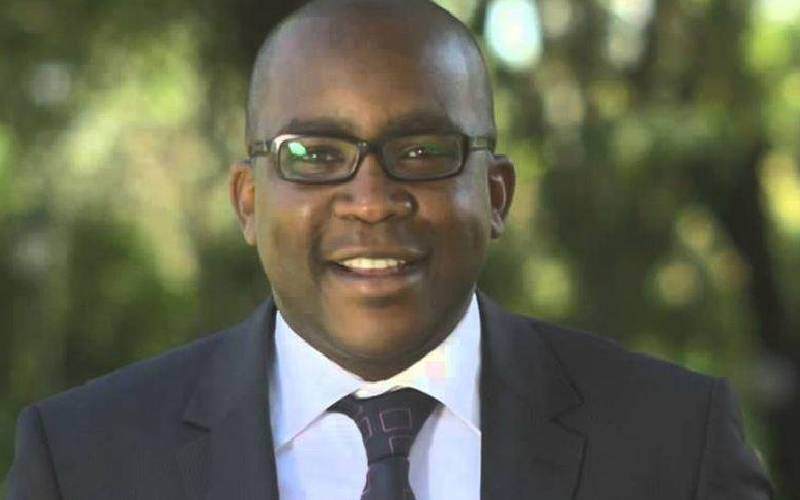×
The Standard e-Paper
Smart Minds Choose Us

There are some personalities who don’t really need an introduction. Jimmy Gathu (pictured) is one of them. With a career spanning more than 25 years, he’s graced our television screens, radio waves, billboards, functions and campaigns.